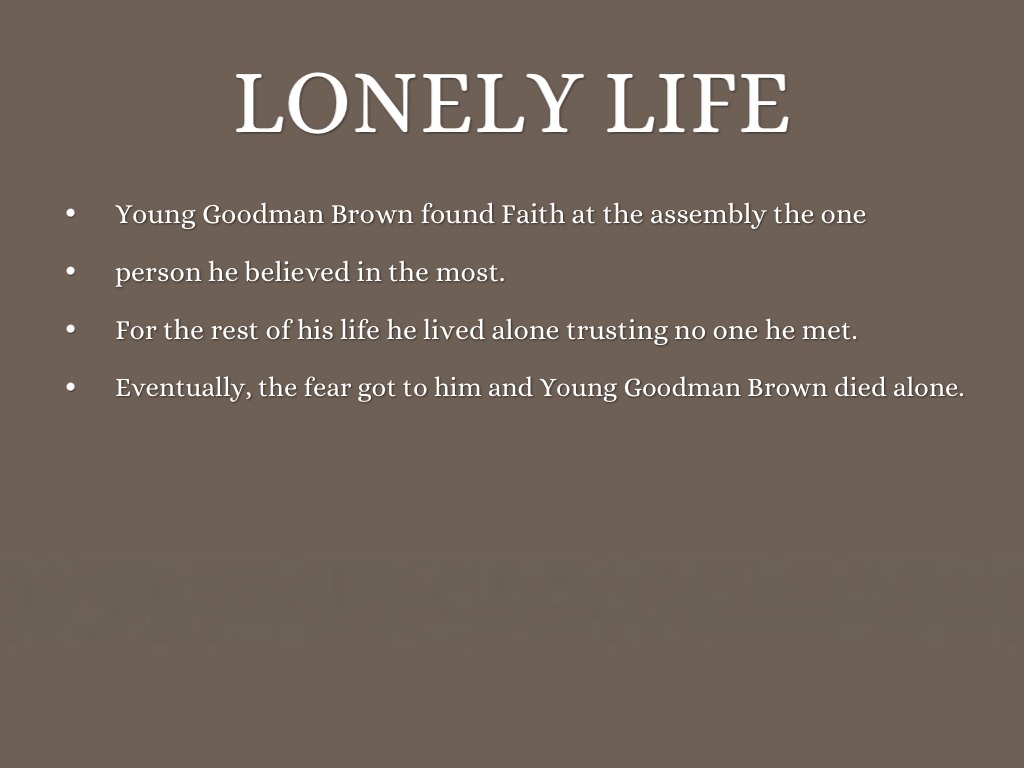In today's digital age, the lines between genuine requests for help and subtler forms of solicitation are often blurred. One such phenomenon that has emerged is "dry begging." This term refers to a situation where individuals express their needs or desires without directly asking for assistance, leading to a passive form of solicitation. Understanding dry begging examples can help us navigate social interactions in a more informed way. Social media platforms, in particular, have become breeding grounds for this behavior, as people seek empathy and support without explicitly stating their needs. As we delve deeper into the concept of dry begging, we will explore its nuances and implications, particularly in the realm of online communication.
Dry begging is often characterized by vague statements or emotional appeals that hint at an individual's struggles or desires. These messages can evoke sympathy or concern, prompting friends, followers, or acquaintances to offer help or support without the person having to ask directly. This can create a complex dynamic in relationships where the recipient of the message may feel compelled to respond, even if the sender did not explicitly request assistance.
As we explore various dry begging examples, it is essential to consider the motivations behind this behavior. Are individuals engaging in dry begging due to genuine need, or is it a strategy to gain attention or validation? By examining different scenarios and contexts, we can better understand the various dimensions of dry begging and its impact on both the sender and the receiver.
What Are Some Common Dry Begging Examples?
Dry begging can take many forms, often varying based on the individual's circumstances and the platform used for communication. Here are some common examples:
- Social media posts expressing vague feelings of sadness or loneliness.
- Messages that hint at financial struggles without directly asking for help.
- Photos or stories showcasing a difficult situation, prompting sympathy from others.
- Comments about feeling overwhelmed or in need of support.
How Does Dry Begging Affect Relationships?
The impact of dry begging on interpersonal relationships can be significant. It can lead to misunderstandings, resentment, or feelings of obligation among friends and family members. Here are some potential effects:
- Increased tension: Friends may feel pressured to respond to hints of need, leading to strained interactions.
- Resentment: If individuals feel manipulated by subtle requests for help, it can create lasting negativity.
- Empathy and support: On the positive side, dry begging can encourage friends to offer support, fostering deeper connections.
Why Do People Engage in Dry Begging?
Understanding the motivations behind dry begging is crucial for interpreting these behaviors accurately. Some common reasons include:
- Fear of rejection: Individuals may hesitate to ask for help directly, fearing they will be turned away.
- Desire for attention: Some may seek validation or empathy without explicitly stating their needs.
- Social norms: In certain circles, direct requests for help may be frowned upon, leading individuals to adopt a more subtle approach.
What Are the Ethical Implications of Dry Begging?
As with any form of communication, dry begging raises ethical questions about authenticity and manipulation. Consider the following:
- Transparency: Is it fair to elicit support without being upfront about one's needs?
- Responsibility: Do individuals have a responsibility to communicate their struggles clearly?
- Impact on community: How does dry begging affect the broader community's willingness to help?
Can Dry Begging Be Considered Manipulative?
While not all instances of dry begging are manipulative, some people may use this tactic to elicit sympathy or support without taking responsibility for their needs. This can create ethical dilemmas for both the sender and the receiver. Here are some points to consider:
- Intent: If the sender's intent is to manipulate emotions for personal gain, it may cross ethical boundaries.
- Consequences: Continuous dry begging can lead to a loss of trust and credibility over time.
- Healthy communication: Encouraging open and honest dialogue about needs can foster healthier relationships.
What Are Some Alternative Ways to Ask for Help?
For those who feel uncomfortable with dry begging, there are more direct and effective ways to seek support. Consider the following approaches:
- Clear communication: Clearly articulate your needs and ask for help directly.
- Express gratitude: When asking for assistance, express appreciation for any support offered.
- Use specific requests: Instead of vague hints, specify the type of help you need.
Conclusion: Navigating the World of Dry Begging
In conclusion, understanding dry begging examples is vital for navigating social interactions in today's digital landscape. While it can serve as a means of expressing vulnerability, it also raises ethical questions and can impact relationships in significant ways. By fostering open communication and encouraging direct requests for help, we can create a supportive environment that benefits everyone involved.
Ultimately, it’s essential to recognize the importance of clear and honest communication in all aspects of our lives. Whether you are on the giving or receiving end of a dry begging scenario, being aware of the implications can lead to healthier interactions and stronger relationships.
You Might Also Like
Unveiling The Charismatic Journey Of Dolph ZigglerUnraveling The Mystery Of Harry Connick Jr's Stroke
Unveiling The Talents And Journey Of Jen Landon
Exploring The Adventures Of Josh Gates: A Journey Into The Unknown
Exploring The Colorful World Of Jellybeanbrains
Article Recommendations
- Sanrio Characters Names
- Emily Compagno Engagement Ring
- Lina Marcela Medina De Jurado
- Wilson Bethel
- Jack Dorsey Wife
- Andie Elle Onlyfans
- Costco Bar Shed Price
- Laura Cover
- Mothers Warmth Chapter
- Colin Egglesfield Wife


